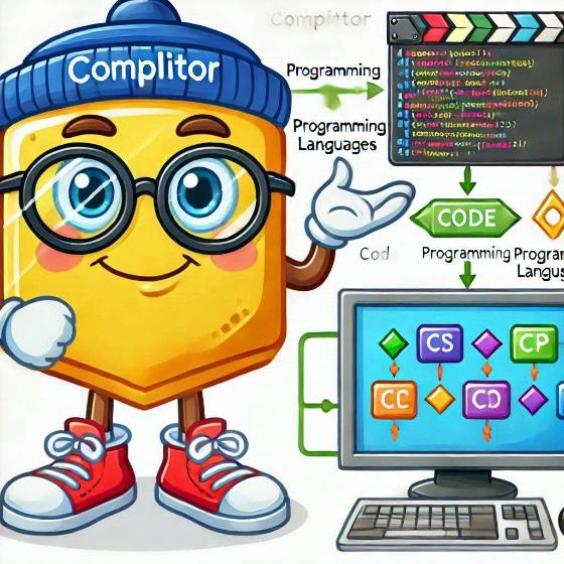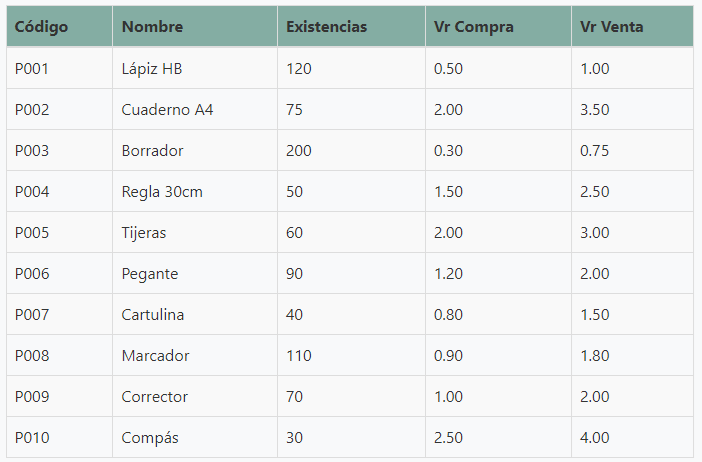What is a compiler and what is it used for
In the world of programming, there are fundamental tools that allow developers to create software and applications efficiently. One of these tools is the compiler, a program that plays a crucial role in the code creation process. In this article, we will explore what a compiler is, how it works, and what it is used for.

What is a compiler?
A compiler is a program that translates source code written in a programming language into machine language that the computer can understand. In other words, the compiler takes the code written by a programmer and converts it into a language that the computer can execute directly.
How does a compiler work?
The compilation process can be divided into several stages:
- Lexical analysis: The compiler reads the source code and divides it into tokens, which are the basic units of the programming language.
- Unitary analysis: The compiler analyzes the structure of the code and verifies that it is written correctly according to the rules of the language.
- Semantic analysis: The compiler verifies that the code makes sense and that there are no logical errors.
- Code generation: The compiler generates machine code from the source code.
- Code optimization: The compiler can optimize the machine code to make it more efficient.
What is a compiler used for?
A compiler is used for several purposes:
- Code translation: The compiler translates the source code into a language that the computer can understand.
- Error detection: The compiler detects errors in the source code and alerts the programmer.
- Performance optimization: The compiler can optimize the machine code to make it more efficient.
- Executable creation: The compiler creates executable files that can be executed directly by the computer.
Types of compilers
There are several types of compilers, including:
- Just-in-time (JIT) compilers: These compilers translate the source code into machine code just before its execution.
- Command-line compilers: These compilers are executed from the command line and translate the source code into machine code.
- Compilers integrated into the development environment (IDE): These compilers are integrated into the development environment and translate the source code into machine code automatically.
Conclusion
In summary, a compiler is a fundamental tool in programming that translates the source code into a language that the computer can understand. The compiler detects errors, optimizes performance, and creates executable files. There are several types of compilers, each with its own characteristics and advantages. We hope this information has been useful in understanding better what a compiler is and what it is used for.





